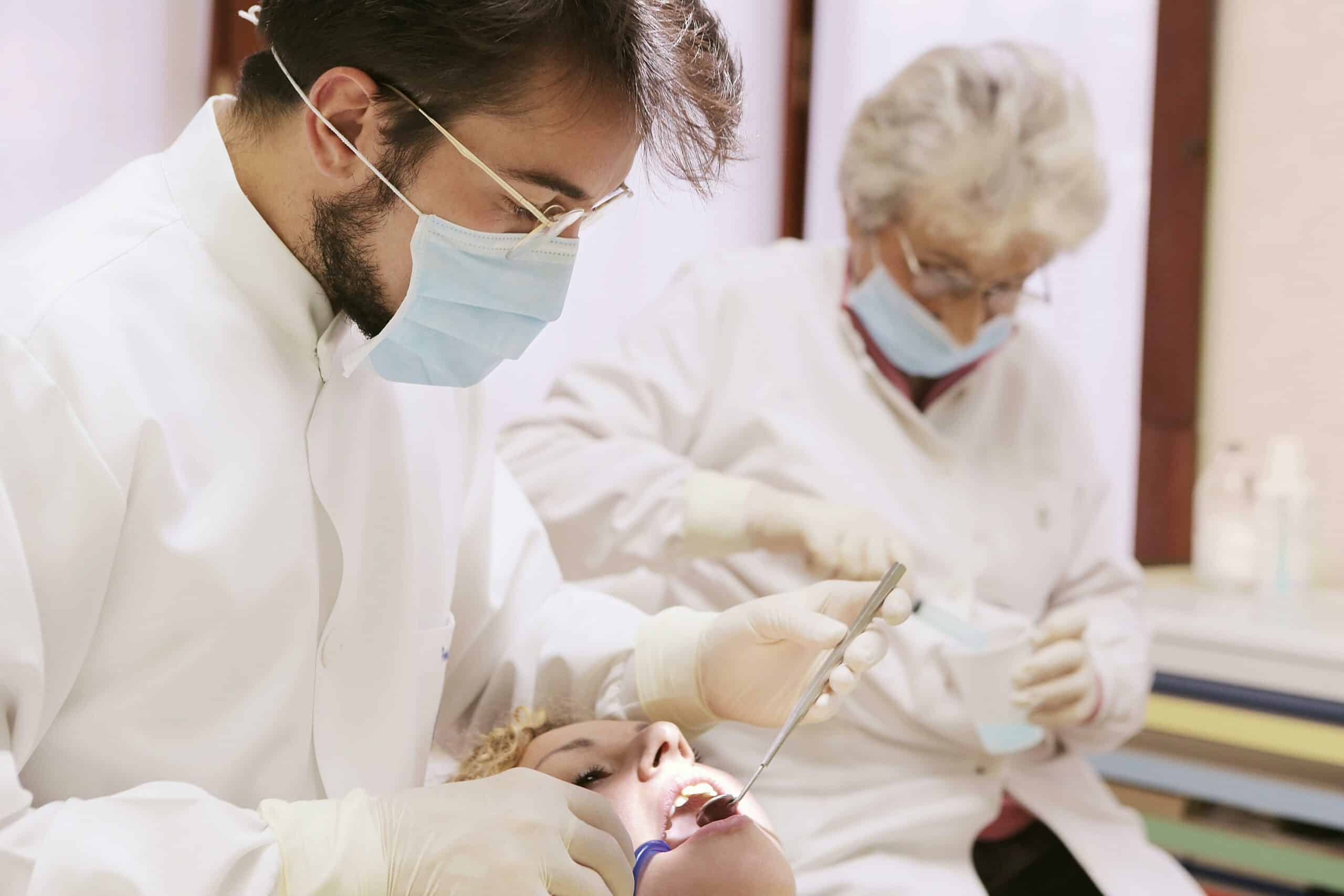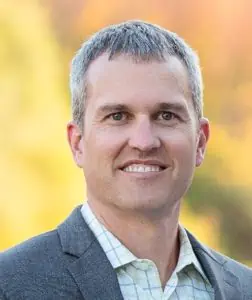What Are Common Restorative Dentistry Procedures?
Posted April 15, 2024 by Dr. Brian Evans

Restorative dentistry plays a crucial role in enhancing both the functionality and aesthetics of a smile. Procedures that are considered restorative dentistry can range from repairing damaged teeth to restoring missing ones, but all of these procedures are essential for maintaining oral health and improving quality of life.
Understanding Restorative Dentistry
Restorative dentistry encompasses a range of procedures aimed at repairing and replacing damaged or missing teeth. Whether due to decay, trauma, or natural wear and tear, teeth can become compromised over time, affecting both oral health and self-confidence. A skilled restorative dentist in Reno specializes in restoring teeth to their optimal function and appearance, utilizing advanced techniques and materials to achieve lasting results.
Common Restorative Procedures
Some of the procedures that fall under the category of restorative dentistry include:
Among the most common restorative procedures, dental fillings are used to repair cavities caused by tooth decay. Traditional amalgam fillings and modern composite resins offer durable and aesthetically pleasing solutions for restoring the structure of decayed teeth.
Complete or partial dentures are removable prosthetic devices used to replace multiple missing teeth. Custom-fitted to the patient’s mouth, dentures restore both function and aesthetics, allowing individuals to eat, speak, and smile with confidence.
As a modern alternative to replace missing teeth, dental implants provide a long-term solution. Surgically implanted into the jawbone, implants serve as sturdy anchors for dental crowns, bridges, or dentures, offering unparalleled stability and durability.
When infection or damage reaches the inner pulp of a tooth, root canal therapy becomes necessary to save the tooth from extraction. This procedure involves removing infected tissue, disinfecting the root canal, and sealing it, usually with the help of a dental crown, to prevent further infection, effectively preserving the natural tooth structure.
When a tooth is severely damaged or weakened, a dental crown provides a protective covering that restores its shape, strength, and appearance. Made from porcelain, ceramic, or metal alloys, crowns are custom-designed to blend seamlessly with the natural teeth, offering both functionality and aesthetics.
For individuals with one or more missing teeth, dental bridges offer a fixed solution for restoring their smile. A bridge consists of artificial teeth anchored to adjacent natural teeth or dental implants, effectively “bridging” the gap and restoring proper bite function.
The Role of Dental Bridges and Crowns
Dental bridges and crowns in Reno play a vital role in restorative dentistry, offering patients reliable solutions for damaged or missing teeth. They are often considered the in-between option when a filling won’t be enough and removing the tooth for an implant is too much. Whether restoring a single tooth with a crown or filling a gap with a bridge, these procedures are tailored to meet the unique needs of each individual.
Restorative dentistry in Reno encompasses a diverse range of procedures that are designed to repair, replace, and enhance natural teeth. From basic fillings to advanced dental implants, and everything in between, these techniques are instrumental in restoring smiles and improving the quality of life for countless individuals.



